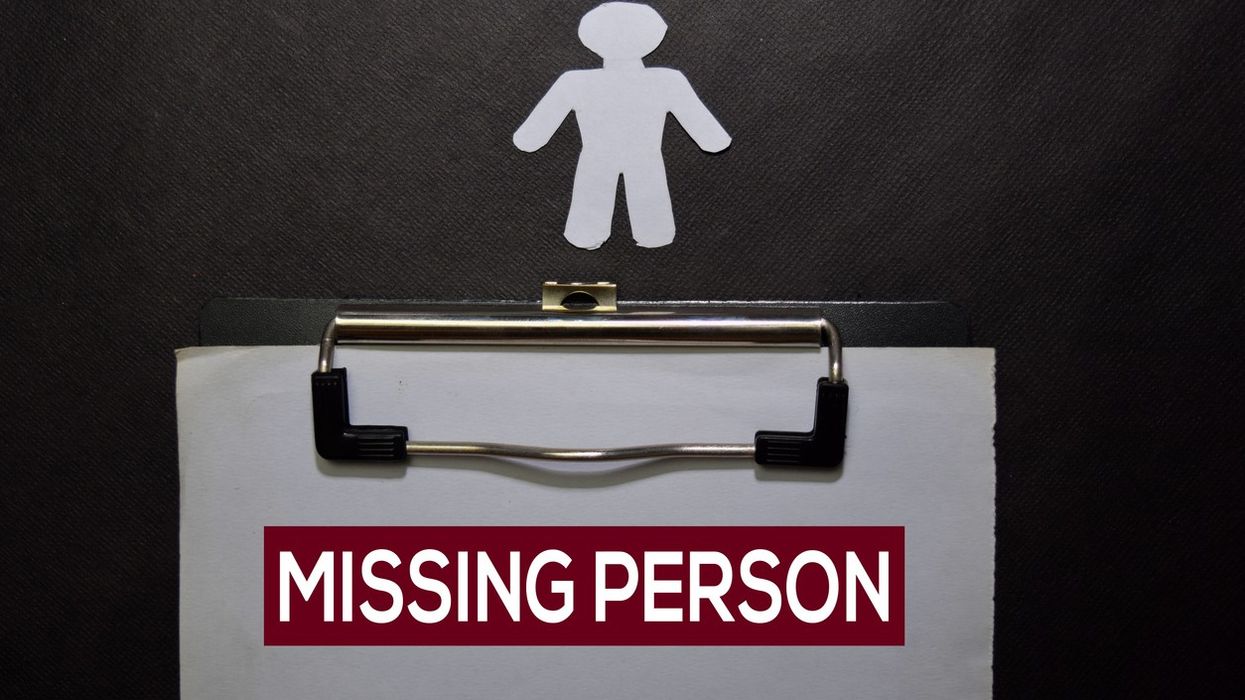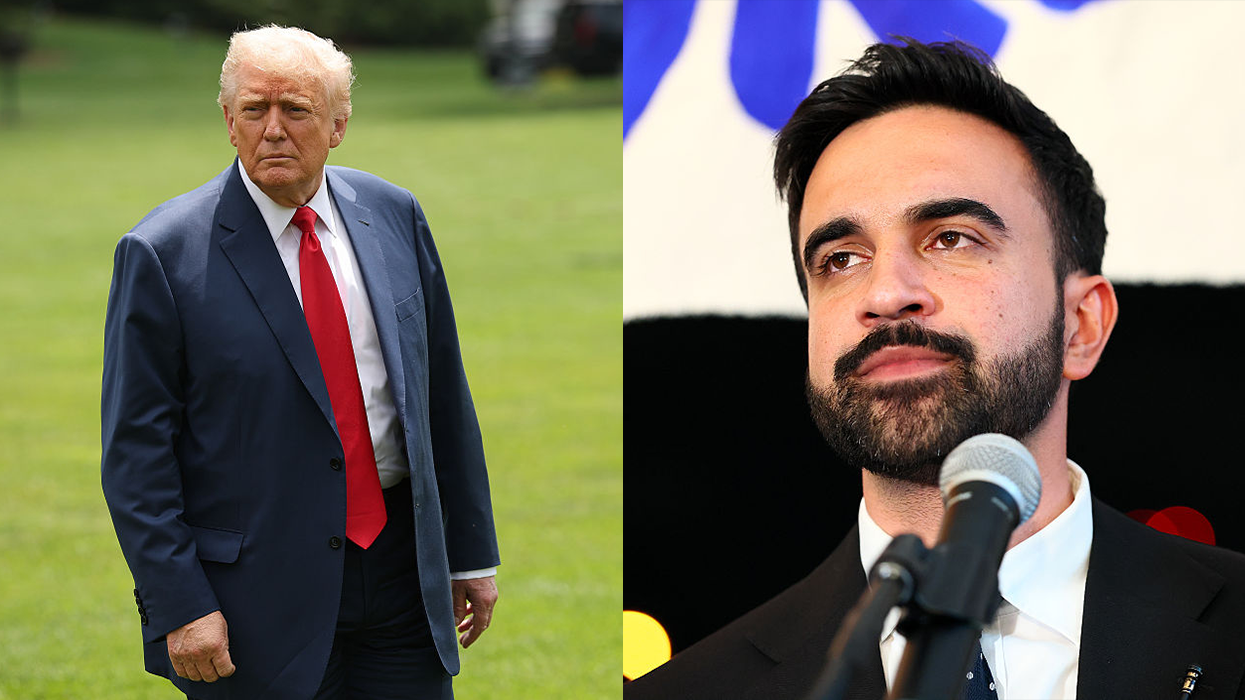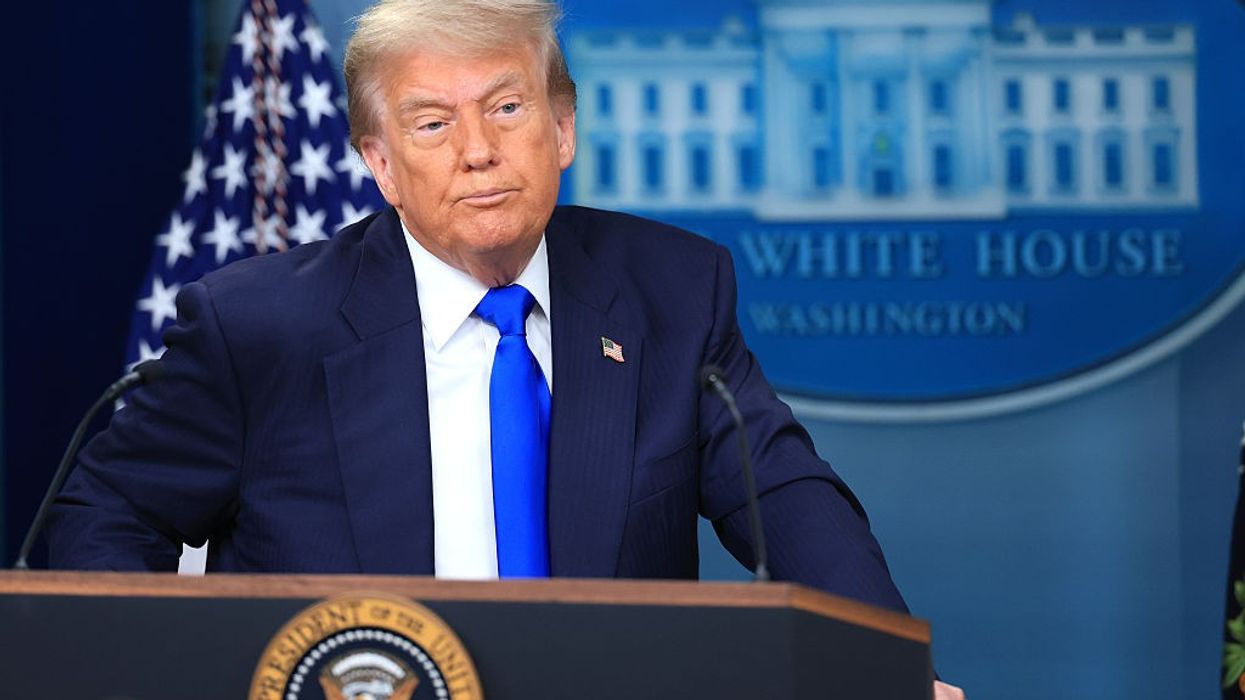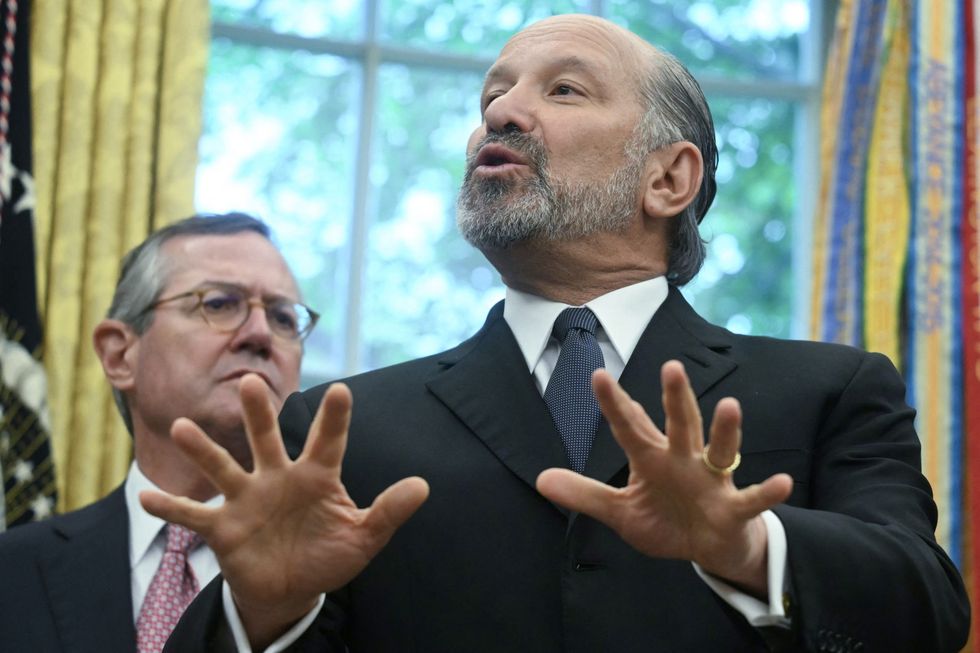France is set to become the first country to embed the right to abortion in its constitution. The decision follows president Emmanuel Macron’s commitment to safeguard abortion rights after the US Supreme Court’s move to overturn longstanding abortion protections in 2022.
The constitutional amendment is expected to receive overwhelming support in the joint session of parliament, with public opinion strongly backing the reform.
The push for this constitutional change gained momentum after the lower-house National Assembly and the Senate both approved making abortion a ‘guaranteed freedom.’
The joint session of parliament in Versailles, commencing at 3:30 pm (1430 GMT), is expected to secure the required three-fifths majority for the constitutional change, overcoming initial resistance in the right-leaning Senate.
This decision reflects France’s commitment to protecting reproductive rights, which were legalised in 1975. The legislation is anticipated to overcome its final obstacle through a combined vote of both chambers during a rare joint session at the historic Palace of Versailles.
“We could never have imagined that the right to abortion would one day be written into the constitution,” said Claudine Monteil, head of the Femmes Monde (Women in the World) association.
Monteil, the youngest signatory of the “Manifesto of the 343,” a 1971 French petition, joined 343 women openly acknowledging their illegal pregnancy terminations, reflecting the experiences of up to 800,000 compatriots annually.
France legalised abortion in 1975 through a law advocated by health minister Simone Veil, a women’s rights icon later honored with burial at the Pantheon upon her 2018 passing. However, prominent feminist Simone de Beauvoir had warned Monteil the year before that women’s rights could be challenged with a political, economic, or religious crisis.
The catalyst for this historic amendment was the US Supreme Court’s 2022 decision, which allowed states to restrict or ban abortion.
There were some other countries as well, in the history of abortion law.

Chile attempted to incorporate the right to elective abortion into a progressive constitution in 2022, but voters rejected the proposed text in a referendum.
Cuba’s constitution explicitly guarantees ‘women’s reproductive and sexual rights.’ Additionally, several Balkan states have inherited variations of the 1974 constitution of the former Yugoslavia, recognising it as a human right to ‘decide on the birth of children.’
In contrast, certain countries explicitly mention abortion in their constitution but only permit it in specific circumstances.
For instance, Kenya’s constitution states that abortion is not permitted unless, in the opinion of a trained health professional, there is a need for emergency treatment, or the life or health of the mother is in danger, or if permitted by any other written law.
President Macron’s proposal has garnered support across the political spectrum, with left-wing and centrist politicians embracing the change. Even some right-wing senators, facing pressure and potential familial discord, have signalled approval.
France’s commitment to constitutionalise abortion rights is seen as a powerful symbolic gesture in the fight for reproductive freedom. While some countries allude to reproductive rights in their constitutions, France is on track to be the first to explicitly guarantee this freedom.
The move has stirred a broader debate about whether constitutional amendments are the appropriate means to protect evolving rights, with critics arguing that such changes risk diluting the Constitution’s original purpose.
Despite concerns about the misuse of the constitution for symbolic gestures, supporters contend that this amendment is crucial to safeguarding against potential threats to abortion rights in the future. The global context, including ongoing debates in countries like Malta, Hungary, and Poland, emphasises the need for France to take a strong stand in defence of women’s rights.
The upcoming European elections could see this issue become a defining factor between Macron’s party and its opponents. While critics accuse Macron of using the amendment for electoral gains, supporters argue that it sends a powerful message about the nation’s commitment to progressive values and women’s rights. (With inputs from AFP and BBC)















